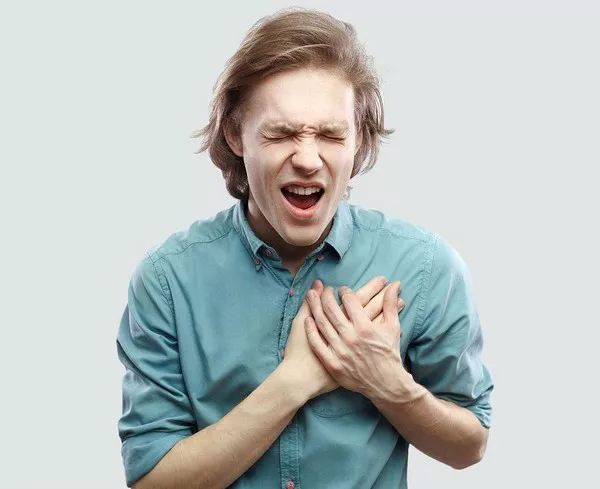On October 10, Alabama State University’s Counseling Center held its annual “R U Good?” event focused on suicide prevention and mental health awareness. The gathering took place at the Amphitheater of the John Garrick Hardy Student Center, attracting students and staff alike.
Chris Johns, the director of ASU’s Counseling Center, highlighted that the event featured mental health vendors and offered various self-care activities for attendees. The “R U Good?” initiative served as a vital reminder that the Counseling Center provides assessments, treatments, and support for individuals contemplating suicide or experiencing depression and other emotional, behavioral, and psychological disorders.
Johns emphasized the importance of the event, citing alarming data indicating that suicide ranks as the second leading cause of death among individuals aged 15 to 24 in the United States. “Young people are particularly vulnerable to suicide,” he stated. “In the last 10 to 15 years, we’ve seen rising rates of suicide among teenagers and young adults. Factors such as social standing and developmental challenges can compound this risk.” He noted that this demographic aligns closely with ASU’s student body, underscoring the institution’s commitment to showing that “suicide is NOT the answer” and that the Hornet Nation community deeply cares for its members.
According to the Alabama Public Health Department’s most recent statistics, over 48,000 people died by suicide nationwide in 2021, with Alabama reporting 840 incidents. Johns expressed concern that these figures may continue to rise if the issue is neglected. This concern has driven the Counseling Center to actively address mental health for the past eight years.
Located within the J. Garrick Hardy Student Center, ASU’s Counseling Center offers year-round services for those at the university grappling with emotional or behavioral issues, such as depression. “Our Center is free and open to all students and employees five days a week, year-round, including summer,” Johns stated.
Johns also emphasized the importance of recognizing early signs of mental health problems. “Identifying these signs in ourselves and others—like prolonged sadness, anxiety, social withdrawal, and behavioral changes—is crucial for protecting mental well-being,” he said.
One significant challenge, according to Johns, is that many individuals do not seek help early enough, which can lead to more severe emotional and behavioral issues. He urged those experiencing mental health challenges to visit the Counseling Center or seek help from another professional.
“Knowing how to identify early signs of mental health issues can empower you or someone you know to address problems sooner, improving overall well-being,” he explained. “We encourage everyone in the Hornet Nation family to reach out to us. Our services are confidential and free, and many times the issues are not as severe as one might fear.”
Johns acknowledged that while the signs of mental health issues can differ among individuals, the Counseling Center can provide coping strategies to enhance clients’ emotional health. “Emotional and mental health are complex and individualized; no two people have the same genetic, environmental, or mental backgrounds, meaning that challenges can present differently for everyone,” he added.
Common warning signs of mental health issues can be categorized into three main areas: physical, behavioral, and emotional. General indicators may include changes in sleep patterns, appetite fluctuations, poor personal hygiene, heightened sensitivity to sensory input, social withdrawal, self-harm indicators, hair loss, weight changes, fatigue, nausea, rapid heartbeat, hallucinations, speech changes, and feelings of hopelessness.
“If you or a loved one are experiencing changes in these categories or exhibit concerning thoughts, feelings, or behaviors, please use these warning signs as a prompt to contact us,” Johns advised. “We can help determine the next steps and assess the need for support or therapy. Everyone deserves to live a happy life, and our ASU Center is dedicated to helping individuals achieve that goal.”
Related topics:





























